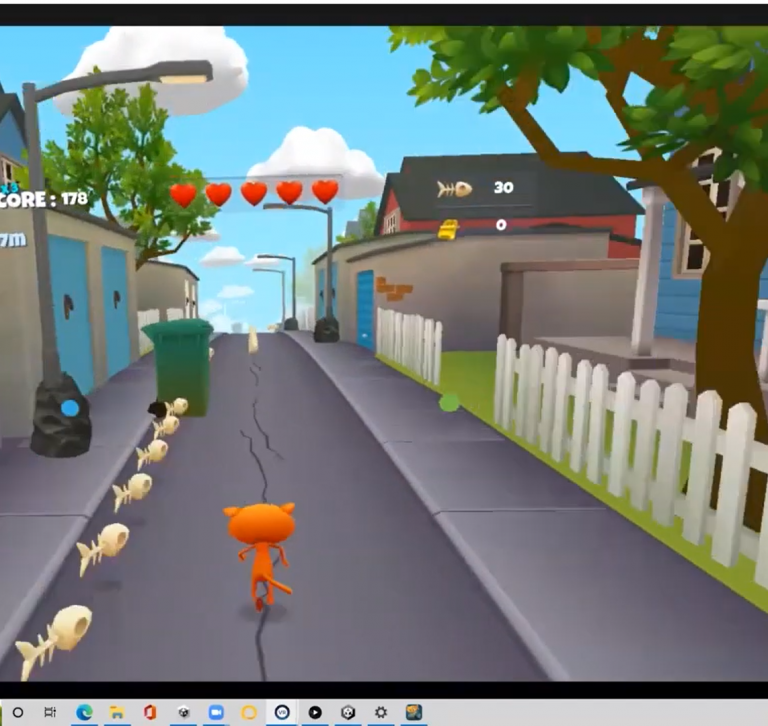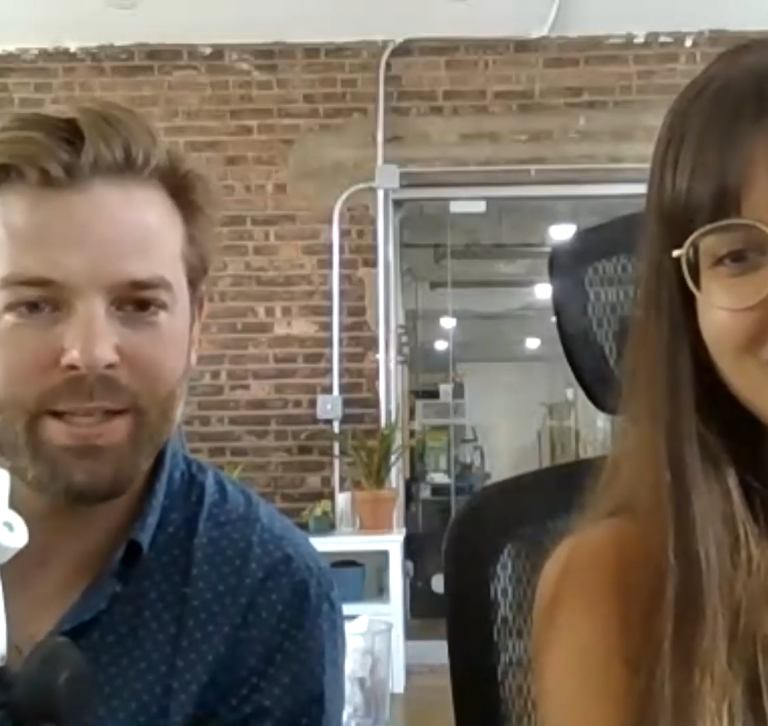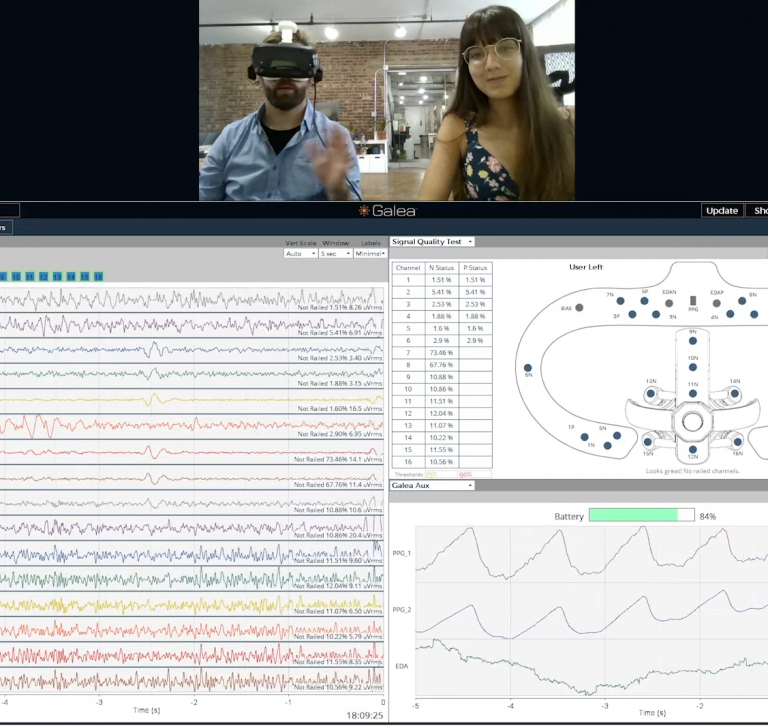Welcome to NeuroNYC!
Our NeuroNYC website is finally live at www.neuro-nyc.com!
We’re a dynamic collective of neurotech companies aiming to propel the city into a leading neurotechnology hub. Explore our website to learn more about who we are and the exciting events on the horizon.
Special thanks to Synchron, OpenBCI, and Sharper Sense for hosting our first three happy hours this year!


































